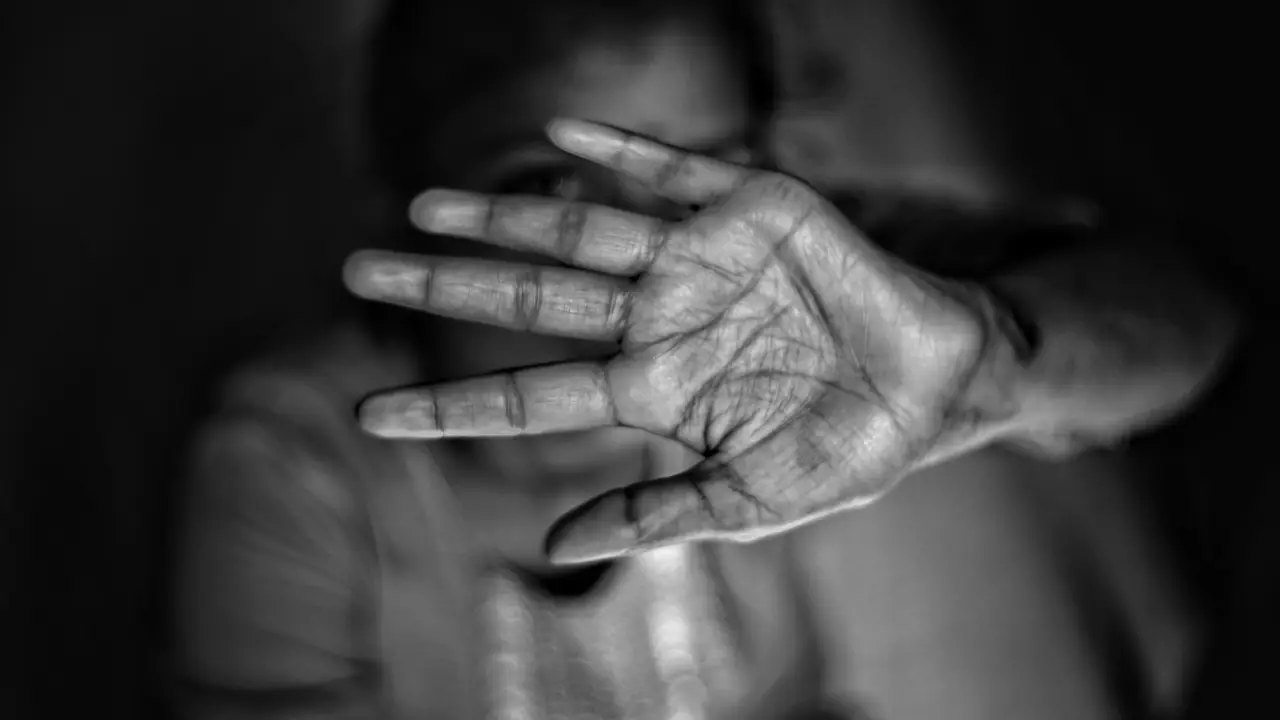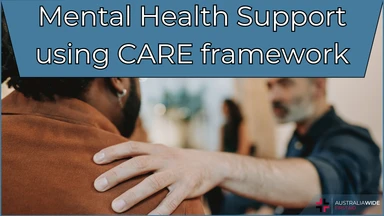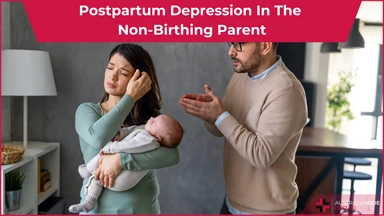Understanding Psychosocial Hazards in the Workplace: A Beginner's Guide


Psychosocial hazards can significantly impact a person's mental and physical health.
In Australia, it is crucial to understand how to identify and manage these hazards to avoid injury.
Psychosocial hazards refer to any factor in the workplace environment that can cause psychological harm to employees. These hazards can range from job demands and low job control to bullying, harassment, and violence in the workplace. While physical hazards are often easy to identify and address, psychosocial hazards can be more difficult to manage, as they involve employees' mental and emotional well-being.
It is important to understand psychosocial hazards to ensure the safety and well-being of employees in the workplace. Employees exposed to these hazards can experience stress, anxiety, depression, and other mental health issues. This can lead to decreased productivity, absenteeism, and higher turnover rates. In some cases, the impact of psychosocial hazards can be severe, leading to long-term disabilities or even suicide.
Identifying and managing psychosocial hazards in the workplace is important. This involves examining all aspects of the work environment, including job demands, communication and support, leadership and management, and the physical environment.
It is also important to involve employees in the risk assessment process, as they are often the ones most affected by these hazards. There are various ways to identify psychosocial hazards.
Some common methods are:
Psychosocial hazards can cause both psychological and physical injuries. Psychological harm may include anxiety, depression, post-traumatic stress disorder, sleep disorders, and other mental health issues. Physical harm may include musculoskeletal injuries, chronic diseases, or fatigue-related injuries
Here are some of the most common types of injuries that can result from psychosocial hazards.

There are several ways to avoid injury from psychosocial hazards. These include:
Injuries caused by psychosocial hazards can take a toll on one's mental health and well-being, which can be just as severe as physical injuries. Therefore, it is important to have the necessary skills and knowledge to provide immediate assistance to those in need. First aid training is essential to managing injuries caused by psychosocial hazards.
Psychosocial hazards can cause significant harm to an individual's mental and physical health. Identifying these hazards and taking appropriate measures to manage them is important.
This includes promoting work-life balance, providing support, managing workloads, addressing conflicts, improving the workplace environment, and implementing policies and procedures. Additionally, first aid training is crucial for managing injuries caused by psychosocial hazards.
Source : Safeworkaustralia

February 18, 2025
Mental health can be influenced by every aspect of our lives, and the weather is no exception. In places closer to the equator with humid environments, like Darwin here in Australia, the onset of monsoon season can see people suffer from a tropical seasonal affective disorder known as ‘mango madness’.

January 16, 2025
Mental health crises can occur unexpectedly, and knowing how to respond effectively can make a significant difference. The CARE framework is an easy-to-remember guide for offering support during a mental health crisis. It is also applicable if you think you might be seeing signs and symptoms of low mental health in a loved one, friend, or colleague.

June 3, 2024
New parents, both birthing and non-birthing, can develop postpartum depression. Birthing parents are easily recognized as being at risk for postpartum depression; however, it is important to acknowledge that non-birthing parents are equally susceptible to experiencing postpartum depression.